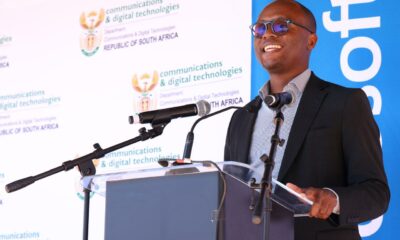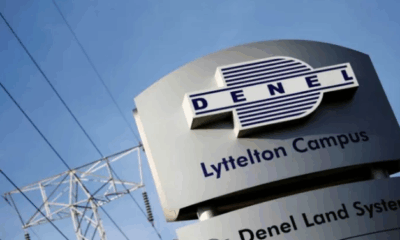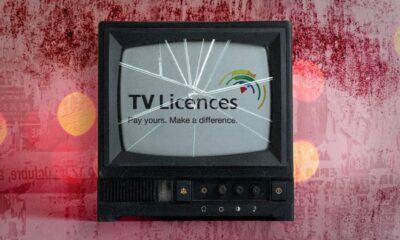Business
Cosatu Urges Honest Conversation on B-BBEE: Empower Workers, Not Just Elites

In the ongoing national conversation about economic transformation, the trade union federation Cosatu has stepped forward with a message that cuts straight to the heart of South Africa’s persistent inequality: broad-based black economic empowerment (B-BBEE) must do more than enrich political elites and a handful of insiders—it must genuinely empower workers and historically disadvantaged communities.
Beyond the Headlines: Why the B-BBEE Debate Matters
The issue has sparked heated debate recently, especially with critics claiming B-BBEE unfairly targets white South Africans. Cosatu’s spokesperson Matthew Parks acknowledges the tensions but urges the nation to focus on the real purpose of the policy.
“South Africa is still the most unequal society in the world, more than three decades after democracy,” Parks reminds us. “B-BBEE is not about sidelining any group but about correcting centuries of systemic discrimination and economic exclusion.”
Indeed, despite progress, the bulk of economic power remains concentrated in the hands of white South Africans—particularly evident in ownership patterns on the Johannesburg Stock Exchange. Parks describes this imbalance as a “ticking time bomb” that South Africa must defuse through real economic reform.
Who’s Really Benefiting?
While B-BBEE has helped create a growing black middle class and some industrialists, Cosatu argues the benefits aren’t reaching those who need it most—the everyday workers and disadvantaged communities.
The union federation pushes for stronger employee ownership models and worker shareholder programs to shift power more equitably. “It can’t be just about elite enrichment,” Parks says.
Equity Equivalents: A Bridge for Foreign Investors?
One interesting angle Cosatu supports is the use of equity equivalents—an alternative B-BBEE compliance option allowing foreign investors to contribute through local investments, skills development, and job creation, rather than direct share ownership.
These equity equivalents have already made positive impacts in sectors like clothing and motor manufacturing, enabling investment without ownership transfers, and they could open doors for new players.
The Malatsi Draft Policy and Starlink Controversy
The debate heated up further when Communications Minister Solly Malatsi unveiled a draft policy proposing equity equivalent models as an alternative for the ICT sector’s ownership requirements. Critics say this could clear a path for Elon Musk’s Starlink to enter the South African market without meeting traditional B-BBEE ownership rules.
Starlink’s potential entry has raised eyebrows because Musk himself has publicly criticized B-BBEE as “racist.” Yet, the policy shift could be a pragmatic step toward balancing investment, empowerment, and market access.
A Fresh Lens on Economic Empowerment
What’s often missing in these debates is the everyday South African’s perspective—those workers trying to make a living and build futures in an economy still shadowed by apartheid-era disparities. Cosatu’s call for reform reminds us that transformation policies should be tools for inclusion, not exclusion.
As social media buzzes with mixed reactions—some defending B-BBEE’s necessity, others frustrated with slow progress—the conversation underscores a shared hope: that economic empowerment in South Africa moves beyond politics and rhetoric into meaningful change.
Reforming B-BBEE isn’t just about tweaking policies; it’s about reigniting the promise of a nonracial economy where opportunity is truly broad-based. For Cosatu and many South Africans, the goal remains clear: ensure the fruits of empowerment reach the people who have waited longest for a fair chance.
{Source: The Citizen}
Follow Joburg ETC on Facebook, Twitter , TikTok and Instagram
For more News in Johannesburg, visit joburgetc.com



























